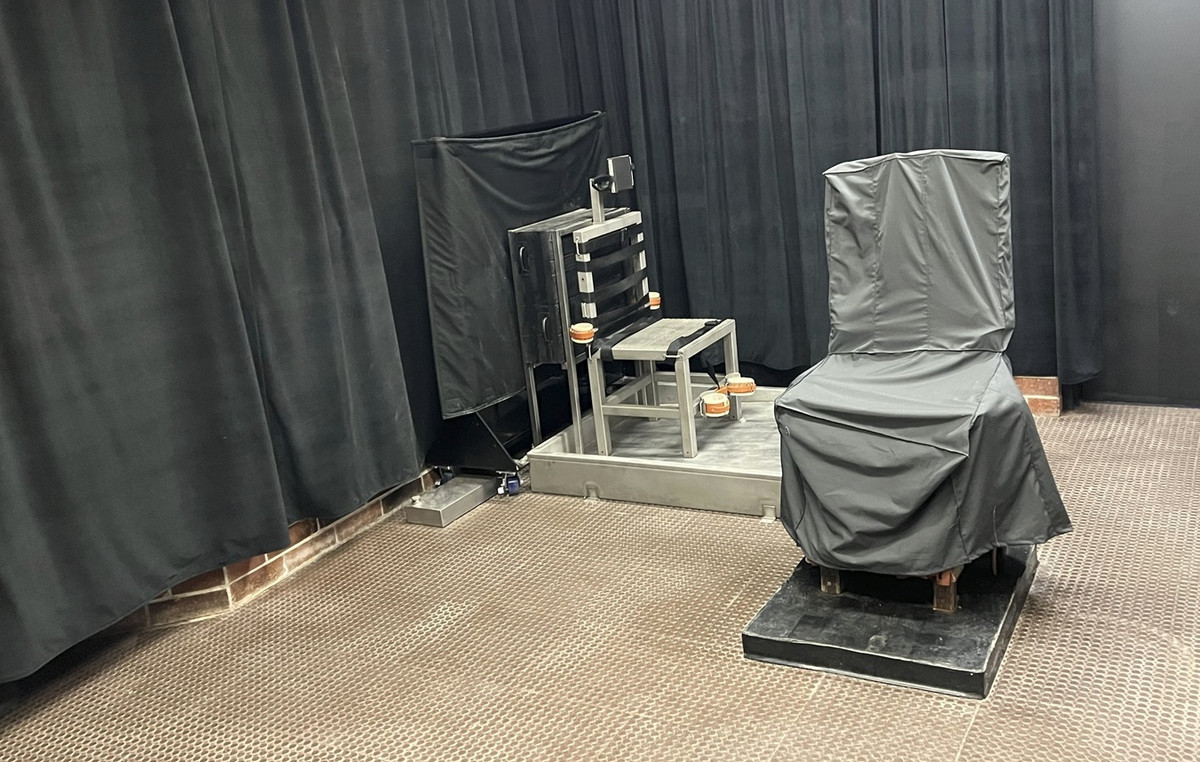It is now a bar topic, everyone talks about it, regardless of the real knowledge of the theme. Then there are those who, like her, on theArtificial intelligenceknows more than others.
Madhumita Murgiaaward -winning British journalist of Indian origins, expert editors of AI for the Financial Times of London, she is the author of the new book Human being – the impact of artificial intelligence on our lives (Neri Pozza), an essay that reveals the dangers and iniquity of our growing dependence on the automated decision -making process, and that explains how technology is remodeling our lives, in our daily lives. Whether we talk about health, education or human rights, artificial intelligence today always has to do with anyone.
The interview with Madhumita Murgia
How can you escape the collection of personal data? Would it be possible?
«It is difficult to completely avoid data surveillance, because it is now an integral part of modern life. If we really wanted to “get out of the system”, we should stop using any digital service – from search engines to social networks, also excluding online shopping, the booking of flights and hotels. It would become complicated even to set medical appointments or pay taxes. So, more realistically, we must find ways to minimize, rather than completely avoiding digital surveillance. For example, I never give my email address if it is not strictly necessary, I try to navigate anonymously, without logging in the sites/apps. I also use an alternative email address for some services. I never publish photos of children online. The goal is to limit the sharing of intimate details to the maximum, but it must be said that, as the economy of online surveillance is structured today, it is no longer possible to participate in modern life while remaining completely anonymous compared to the big tech “.
What can be the most insidious way in which artificial intelligence can put us in check?
«For me, the most insidious way is psychological level. The chatbots are talking to us, they give the illusion of being a companion, a friend, even a therapist. This type of use is increasingly widespread, and soon these artificial intelligence could come to understand our mind better than we can do ourselves. We have already seen cases of people who have hurt themselves, influenced by the persuasion of an AI. Algorithms, as they owe commercial companies, could exploit their knowledge of our emotions and preferences to manipulate us for profit purposes. For example, imagine a chatbot that knows you very well and tries to sell you products or convince you to use certain services, or perhaps leverage your insecurity to push you to book an aesthetic or medical treatment ».
The first chapter of his book talks about the sustenance. In your opinion, how will you do it? We know that artificial intelligence, before creating new works, will sweep away from several …
«Yes, we are already witnessing the replacement of some tasks by AI – in particular repetitive or junior works in the employees’ sectors: from programming to customer service, to illustrators and graphic designers. We will probably see an evolution of existing works, where the Ai will support the less experienced workers, and also the emergence of new professions. But in the short term, we must be ready that it will be a blow, since companies and governments will try to cut costs thanks to the use of artificial intelligence “.
You spoke of every part of the world, from India to Africa: are there differences on how artificial intelligence is perceived?
«Yes, it was one of the most interesting discoveries during writing and research for this book.
In the West there is much more fear and anxiety, for example regarding the loss of work and distorted algorithms. Instead, in countries such as India or Kenya – where the population is younger and eager to work and take opportunities – they prevail optimism, enthusiasm and hope around the AI. However, the global South is also the territory where large US techs experience: it is what, in my book, I call “data colonialism”. Western companies often test their systems in the countries of Asia, Africa or South America to collect data and build their products, which then sell elsewhere. I spoke with many activists and activists who denounce this practice ».
What is the most surprising thing that saw artificial intelligence do?
«Seeing the Ai diagnosing diseases, such as some types of tumors, starting from radiographs, or contributing to discussions on treatments via chatbot, is something truly extraordinary. I believe that artificial intelligence can revolutionize health, and even help us understand diseases that today we do not yet know from a scientific point of view. I was also pleasantly impressed by his progress in the creative field: whether it is to redesign a room, decorate the house, or create podcasts on specific themes, AI’s tools are becoming increasingly skilled in the role of creative assistants “.
Source: Vanity Fair
I’m Susan Karen, a professional writer and editor at World Stock Market. I specialize in Entertainment news, writing stories that keep readers informed on all the latest developments in the industry. With over five years of experience in creating engaging content and copywriting for various media outlets, I have grown to become an invaluable asset to any team.







